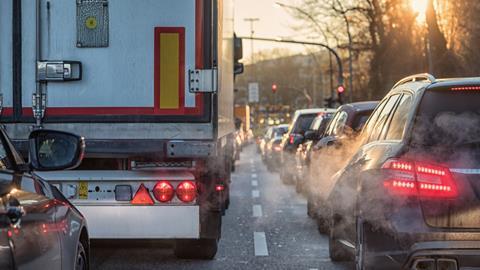HGV operators are calling for a zero carbon infrastructure plan that sees investment in charging and refuelling prioritised at their depots first, before being rolled out across the road network.
The RHA said its consultation with businesses found a strong requirement for charging infrastructure at operating centres first before public location charging is set up, such as at MSAs.
It has now made seven recommendations to the department for transport (DfT) about how the government can support the industry’s decarbonisation ambitions following its announcement of a £200m investment in its zero emission HGV and infrastructure programme.
These include an annual consultation with the industry to continue building the evidence base; a nationwide audit of where all HGV depots are located to inform charging needs, regardless of vehicle numbers; and support for the use of hydrotreated vegetable oil or compressed natural gas as transitional fuels.
Chris Ashley, RHA policy lead, environment and vehicles, said: “We welcome the DfT’s call for evidence to increase understanding of our industry’s practical needs and challenges as we transition to net zero.
“We must be clear that these are initial findings and that the picture will evolve in the years ahead; ongoing collaboration is key to ensure our industry has the right support on its decarbonisation journey taking into account its diverse needs.
“Businesses will need clarity and certainty to be able to invest in the right technology to operate viably and support economic growth. This will include whether to switch to battery or hydrogen.”
In October, the DfT said it would invest £200m in an effort to get more zero emission trucks on the roads.
This money will be invested in four projects that will see the roll out of 370 zero emission HGVs and help set road freight on the path towards net zero.

















